 As more Chinese import restrictions roll in, domestic mills continue to pay even less for recovered fiber. Meanwhile, some are looking at how they can supply Chinese buyers with finished product in the future.
As more Chinese import restrictions roll in, domestic mills continue to pay even less for recovered fiber. Meanwhile, some are looking at how they can supply Chinese buyers with finished product in the future.

 As more Chinese import restrictions roll in, domestic mills continue to pay even less for recovered fiber. Meanwhile, some are looking at how they can supply Chinese buyers with finished product in the future.
As more Chinese import restrictions roll in, domestic mills continue to pay even less for recovered fiber. Meanwhile, some are looking at how they can supply Chinese buyers with finished product in the future.
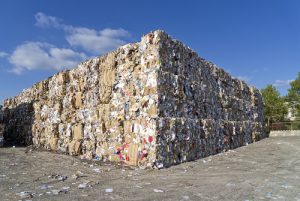
This story has been updated.
The Chinese government plans to levy a 25 percent tariff on U.S. shipments of OCC and other recovered fiber, as well as scrap plastic, in retaliation for the latest U.S. tariff proposals.
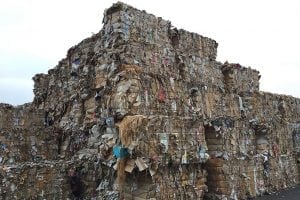
A Virginia newsprint mill will undergo a nearly $300 million conversion to produce recycled paperboard. The facility will use mostly OCC and some mixed paper as feedstock.
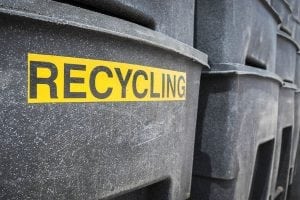
The country’s recycling and composting rate remains stuck at just over 34 percent, according to the U.S. EPA.
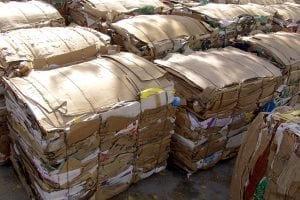
The Chinese government has released a proposal to completely ban imports of recovered fiber and every other form of “solid waste.”
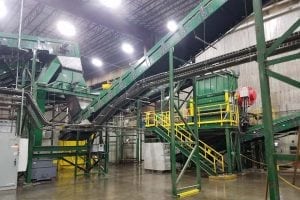
The Philadelphia MSW and recyclables sorting facility operated by Continuus Energy.
Markets for mixed paper and plastics have been hard hit by China’s import restrictions. Now, a Texas company is working to develop a new domestic one: paper-plastic building panels.
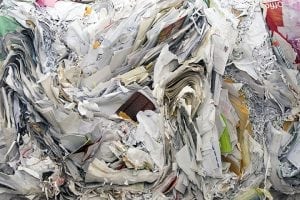
A Wisconsin-headquartered fiber company will build a $500 million paper mill that will use 100 percent recycled content sourced from OCC and mixed paper.

Georgia-Pacific, one of the world’s largest paper-product manufacturers, is working to scale up a patented technology to recover material from food-soiled packaging.
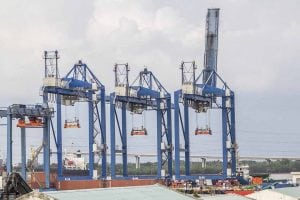 Vietnamese authorities have boosted inspections of scrap imports and plan to halt shipments to key ports next month.
Vietnamese authorities have boosted inspections of scrap imports and plan to halt shipments to key ports next month.
